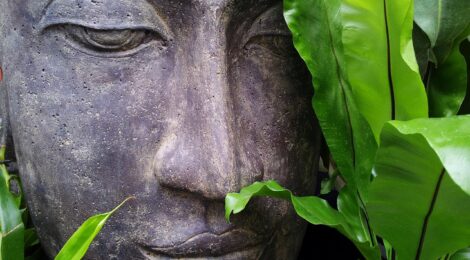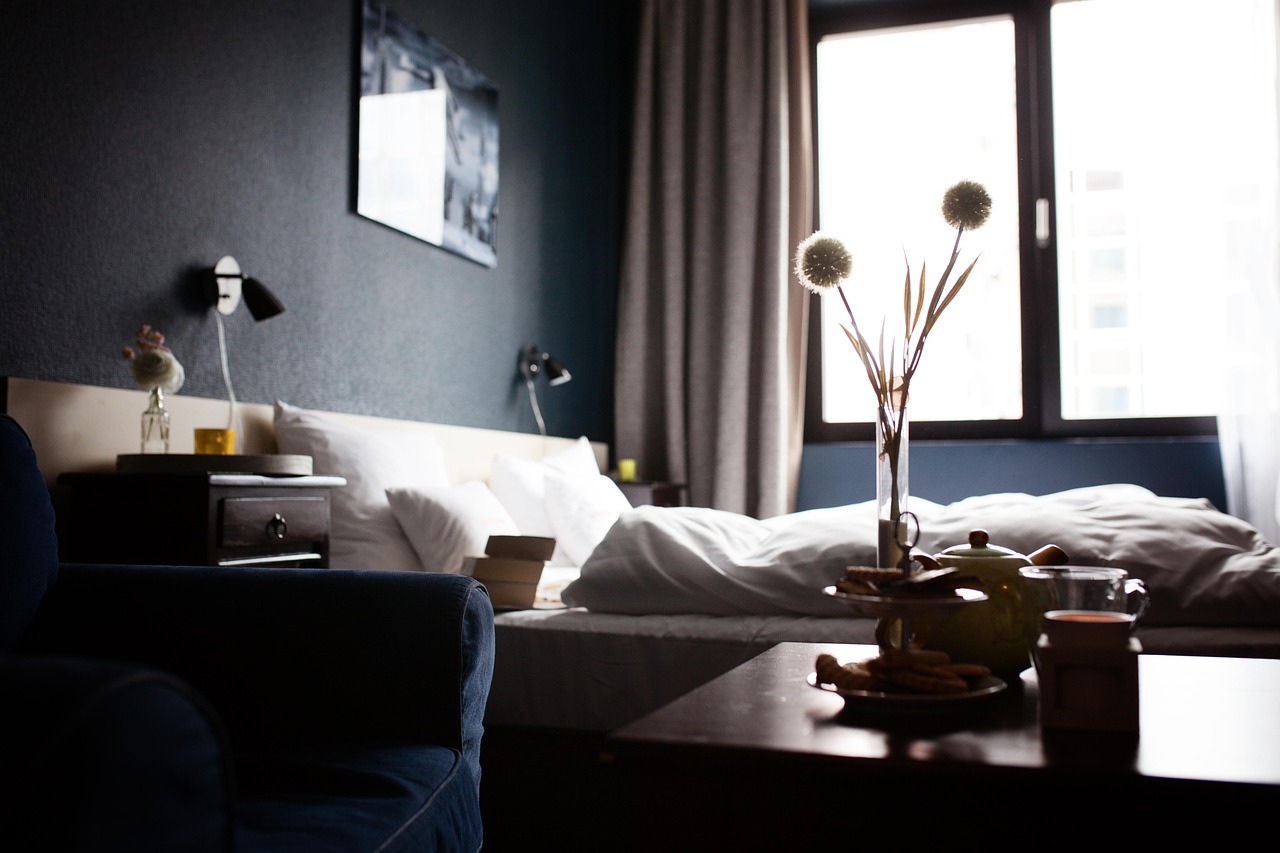
Travel, Relaxation & Unexpected Adventures: A New Kind of Escape
Travel used to mean cramming every waking hour with must-see attractions, returning home with full camera rolls and empty energy reserves. But somewhere along the way, travelers started asking a different question: not “What did you see?” but “How do you feel?”
You’re wandering Dublin’s Temple Bar when music spills from O’Donoghue’s doorway. Inside, locals crowd around musicians playing fiddles and bodhráns. Before you know it, three hours vanish into pints and conversations with strangers who feel like old friends. Or maybe it’s Paris. Your quick coffee stop turns into an entire afternoon at Café de Flore, where you sit and people-watch until you lose track of time.
That’s the shift. We should not race through a checklist but rather leave room for whatever wants to happen. For those planning their next meaningful getaway, travel planning guides can help shape trips around experiences rather than itineraries.
The Art of Slowing Down
Ireland’s Wild Atlantic Way stretches 2,600 kilometers along the coast, but the travelers who love it most aren’t racing to see it all. They’re booking weeklong stays in Doolin or Dingle, learning the names of locals and finding their favorite corner table at the pub.
The Global Wellness Institute projects wellness tourism will reach nearly $750 billion in 2025, up from $651 billion in 2024. But this growth isn’t driven by spa packages. This phenomenon is driven by people who are finally allowing themselves to sit at a café for three hours, take morning walks that lead nowhere, and skip the famous museum because the breakfast conversation is too enjoyable to abandon.
Letting Go of the Itinerary – The Magic of the Unexpected
Sometimes the trip you didn’t plan becomes the one you can’t stop talking about. That moment when you take a wrong turn in Galway’s Latin Quarter and find yourself at a tiny restaurant where the owner serves the best seafood chowder you’ve ever tasted, then sits down to tell you stories about the neighborhood. Or when you skip the crowded Cliffs of Moher and wander the Burren’s unmarked limestone paths instead, stumbling onto coastal views with nobody else around.
The best memories start when your carefully planned day falls apart. The best memories start when your carefully planned day falls apart. A stranger insists you try the place around the corner. You stumble onto a street festival that isn’t on any map. These things only happen if you leave room for them, so don’t pack every hour with plans.
Finding Calm in Motion
There are trains, long drives, and hiking trails. These aren’t just ways to get somewhere. They give your brain something to do that doesn’t require decisions. You watch scenery pass, your body settles into a rhythm, and suddenly you realize you haven’t checked your phone in two hours. The movement itself becomes the point.
This works because you’re occupied but not stressed. Your mind can wander without guilt. There are no emails to answer, no plans to finalize, just the steady rhythm of motion. The journey is sometimes more important than the destination, not for romance, but because you’re rarely unavailable.
Blending Adventure and Relaxation

Push yourself hard in the morning and do nothing in the afternoon. That’s the formula most people miss. They either go full speed until they burn out, or they book so much relaxation that it becomes stressful. The ideal range alternates between the two.

